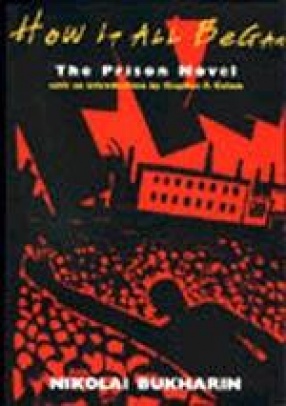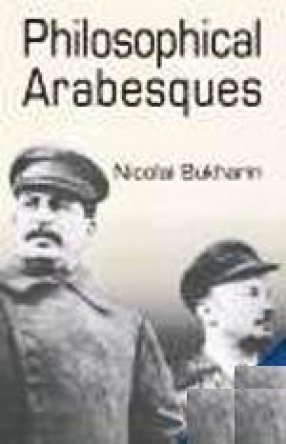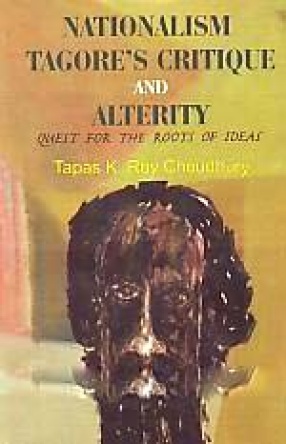Here at last in English is Nikolai Bukharin’s autobiographical novel and final work. Many dissident texts of the Stalin era were saved by chance, by bravery, or by cunning; others were systematically destroyed. Bukharin’s work, however, was simultaneously preserved and suppressed within Stalin’s personal archives. At once novel, memoir, political apology, and historical document, How It All Began, known in Russia as “ the prison novel,†adds greatly to our understanding of this vital intellectual and maligned historical figure. The panoramic story, composed under the worst circumstances, traces the transformation of a sensitive young man into a fiery agitator and presents a revealing new perspective on the background and causes of revolution that transformed the twentieth century. Among the millions of victims of the reign of terror in the Soviet Union of the 1930s, Bukharin stands out as a special case. Not yet thirty when the Bolsheviks took power, he was one of the youngest, most popular, and most intellectual members of the Communist Party. In the 1920s and ’30s, he defined Lenin’s liberal New Economic Policy, claiming that Stalin’s policies of forced industrialization constituted a “military-feudal exploitation†of the masses. He also warned of the approaching tide of European fascism and its threat to the new Bolshevik revolution. For his opposition, Bukharin paid with his freedom and his life. He was arrested and spent a year in prison. In one of the most infamous show trails of the time. Bukharin confessed to being a “counter-revolutionary†while denying any crime. He was executed in his prison cell on March 1, 1938. While in prison, Bukharin wrote four books, of which this unfinished novel was the last. It traces the development of Nikolai “Kolya†Petrov (closely modelle on Nikolai “Kolya†Bukharin) from his early childhood to age fifteen. In lyrical and poetic terms, it paints a picture of Nikolai’s growing political consciousness and ends with his activism on the eve of the failed 1905 revolution. The novel is presented here along with the only surviving letter from Bukharin to his wife during his time in prison, an epistle filled with fear, longing, and hope for his family and his nation. The introduction by Stephen F. Cohen articulates Bukharin’s significance in Soviet history and reveals the troubled journey of his novel from Stalin’s archives into the light of day. Nikolai Bukharin (1888–1938) was a Bolshevik intellectual and revolutionary, as well as the author of more than a hundred articles and books. Executed as a “counter-revolutionaryâ€, he was exonerated fifty years later by Mikhail Gorbachev. Stephen F. Cohen is professor of Politics and Russian Studies at Princeton University. His books include Bukharin and the Bolshevik Revolution: A Political Biography, 1888–1938 and Rethinking the Soviet Experience: Politics and History Since 1917. George Shriver has translated and edited Roy Medvedev’s On Soviet Dissent and The October Revolution, as well as his Let History Judge.
How it all Began: The Prison Novel
In stock
Free & Quick Delivery Worldwide
reviews
Bibliographic information
Title
How it all Began: The Prison Novel
Author
Edition
1st ed.
Publisher
ISBN
8170461723
Length
346p.
Subjects






There are no reviews yet.